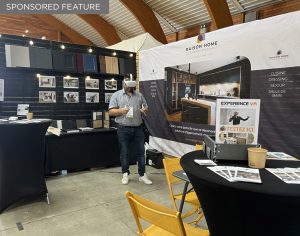Selecting your territory is one of the biggest decisions a franchisee will make. And when you’re joining a fast-growing international business it’s important that you feel confident that your prospective franchisor has done their research and that their expansion plans are sustainable. But as well as making sure the franchisor has done their homework, franchisees should always do some swotting up themselves.
Newly established franchisors should have run the business in a pilot location to refine the systems they’re expecting franchisees to follow. Part of this piloting process involves establishing the minimum requirements for a fertile territory. As a franchisee, it’s important that your franchisor can tell you things like how many prospective customers are needed to support the business, who the customers are and how frequently they’ll buy. This will allow you to understand some of the basic demographics needed for a viable territory.
Not every franchisor offers a protected geographic territory but, in my experience, most franchisees expect a piece of the country that they can call their own. This means that the franchisor needs to have a firm understanding of how many viable territories there are in a country when they’re drawing up expansion plans. You should feel confident that your franchisor will be able to support you and that they – or their customer base – won’t be overstretched.
Another piece of essential due diligence for a prospective franchisee to do is making sure you’ve got accurate and up-to-date local market research informing your business plan. The franchisor may have outlined the protected territory but the demographics that were used to define it were likely high-level and quite general. When you do a bit of digging yourself, you may find that the reality differs from the plan.
Things like the population makeup can also change over time and the snapshot taken when the territory was first mapped out can differ from the current picture. Ultimately, there’s no substitute for someone with local knowledge researching the competitors, market opportunity and logistics of the area they’ll be running. I’ve always said to prospective franchisees that I won’t change a territory just because they ask but I will consider doing so if they can prove why it should change.
At the end of the day, if the franchisor has no territory map or expansion plan and the prospective franchisees don’t do their due diligence, things will not end well. So by combining your own research with the knowledge and experience your franchisor has, you’ll give your new location every chance of success.

Frank Milner

































